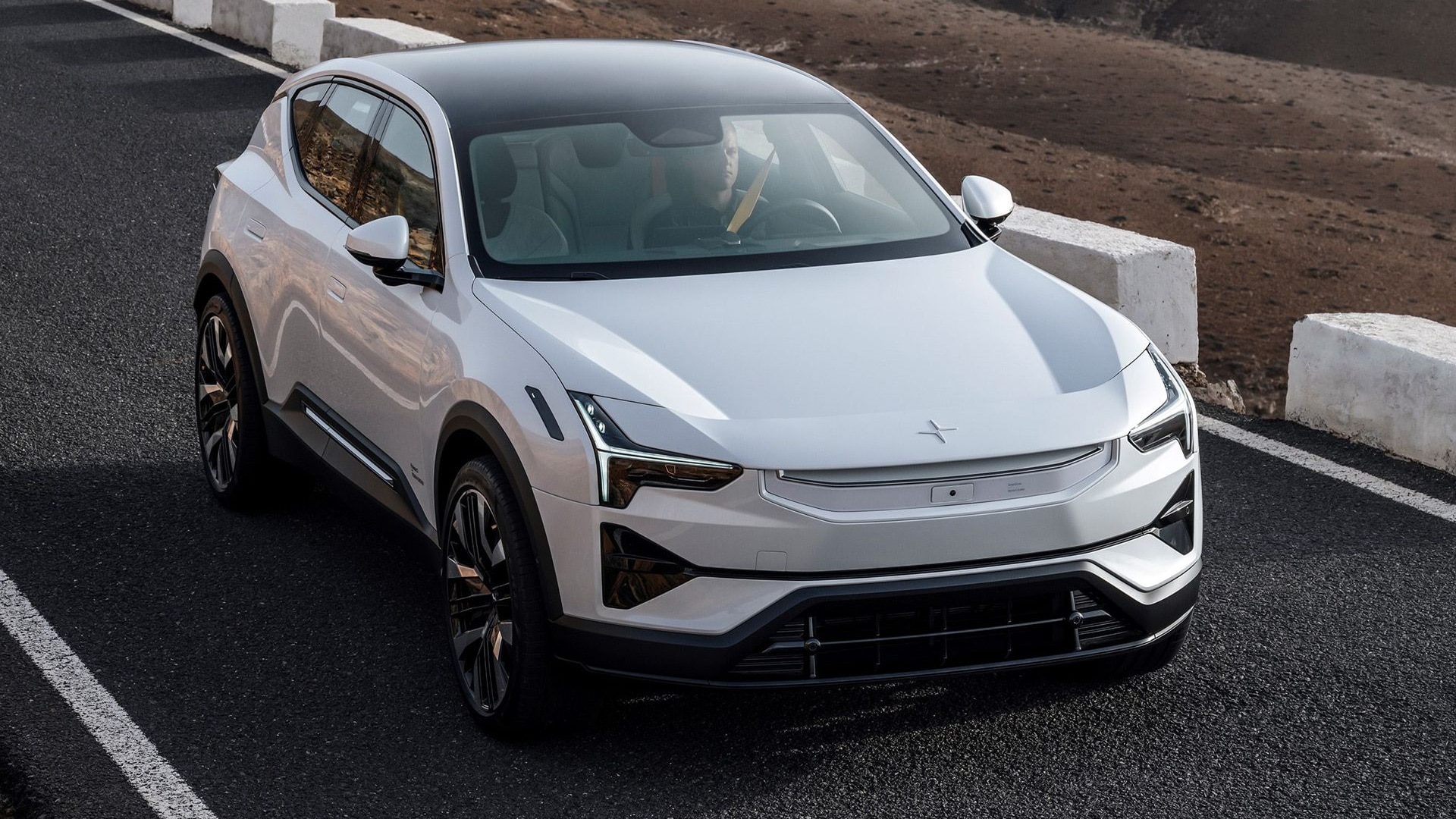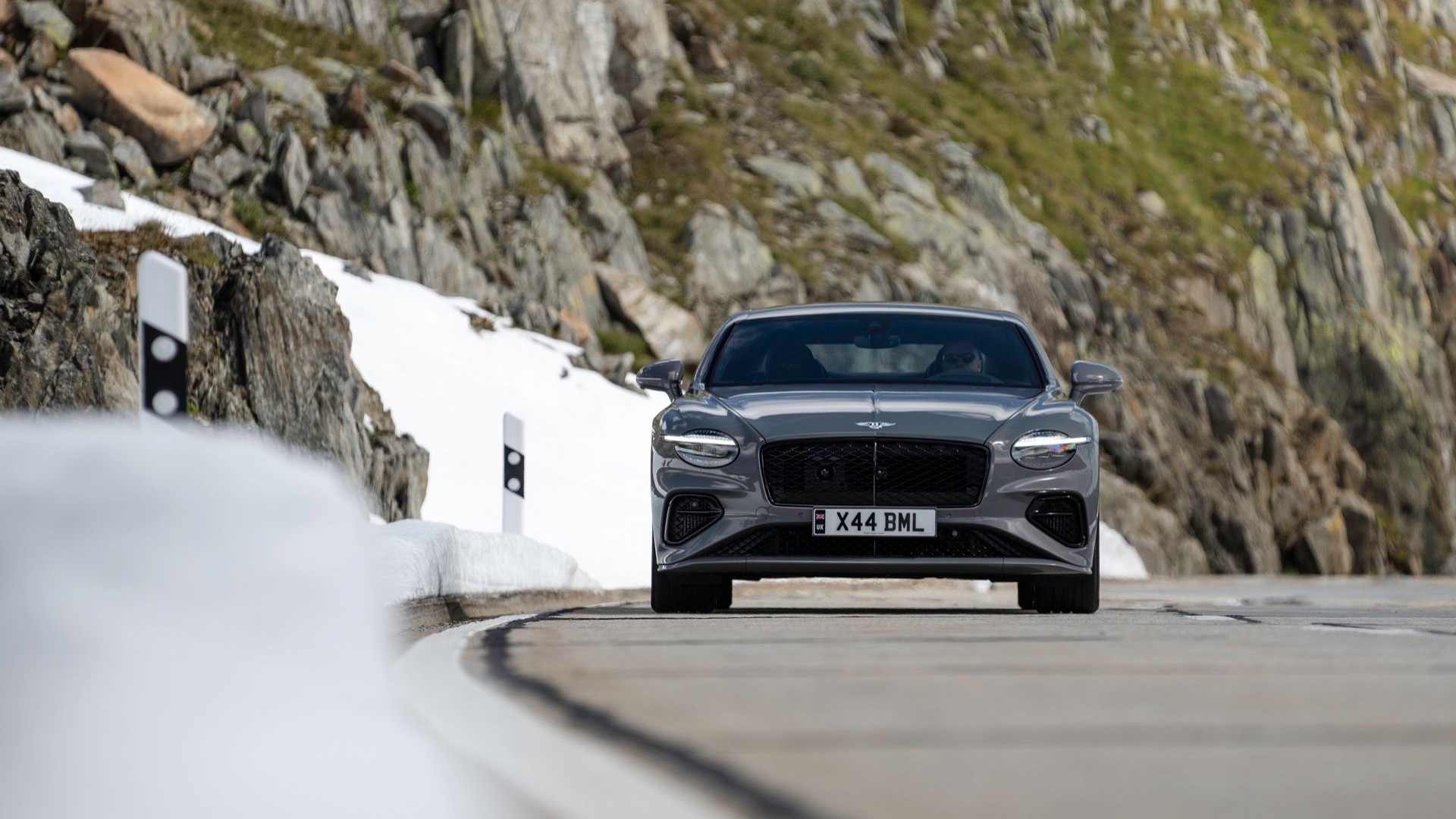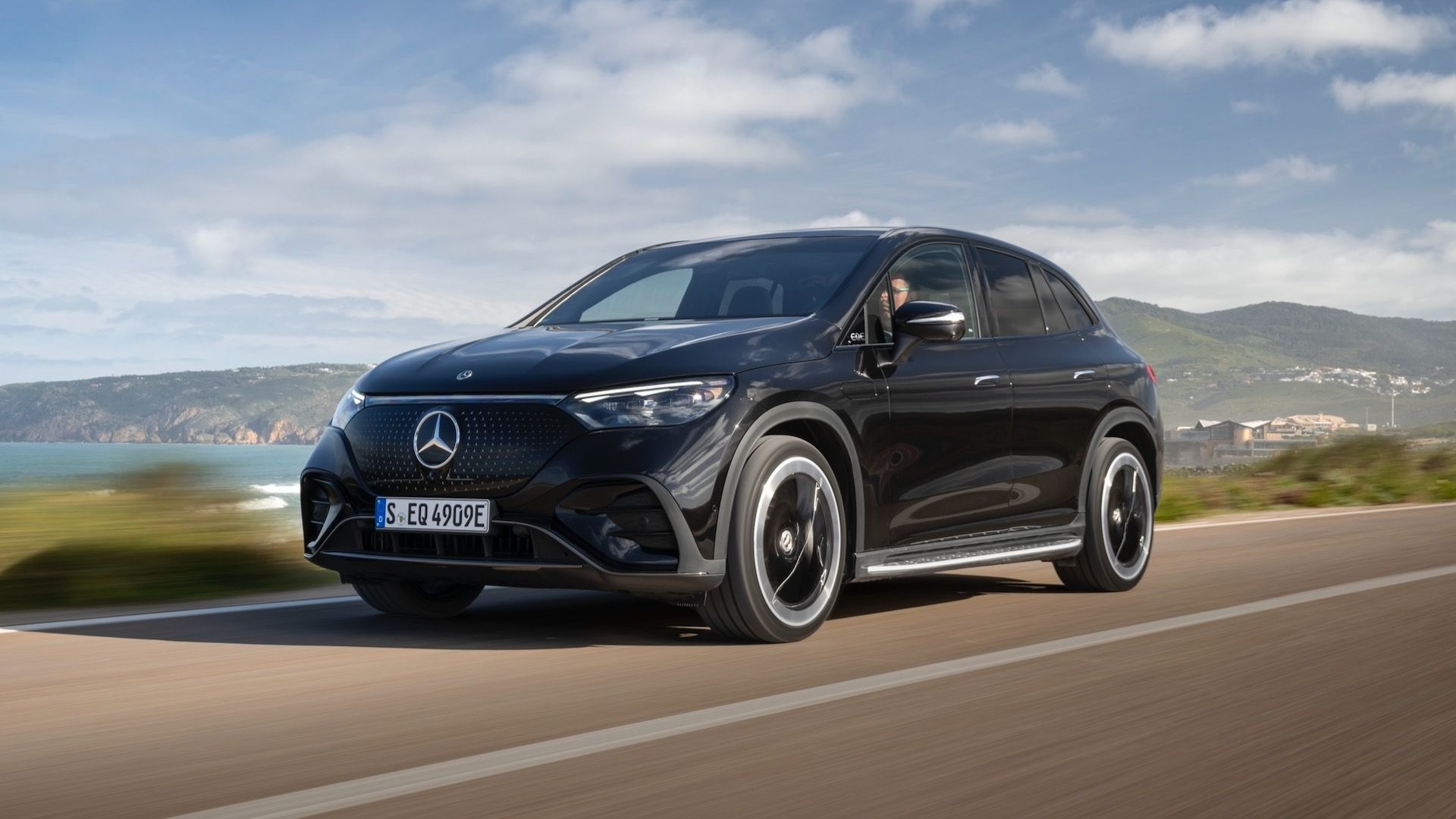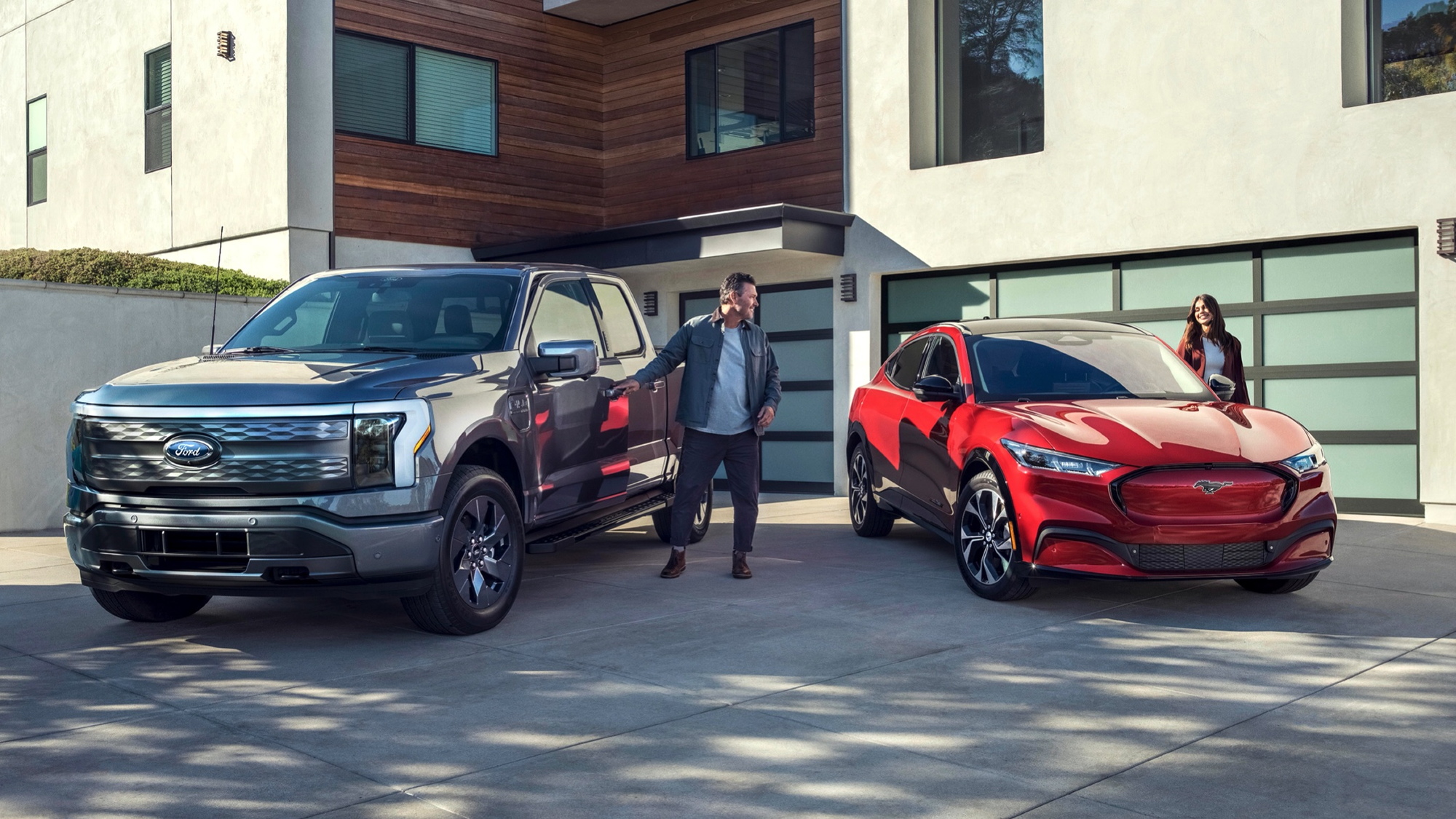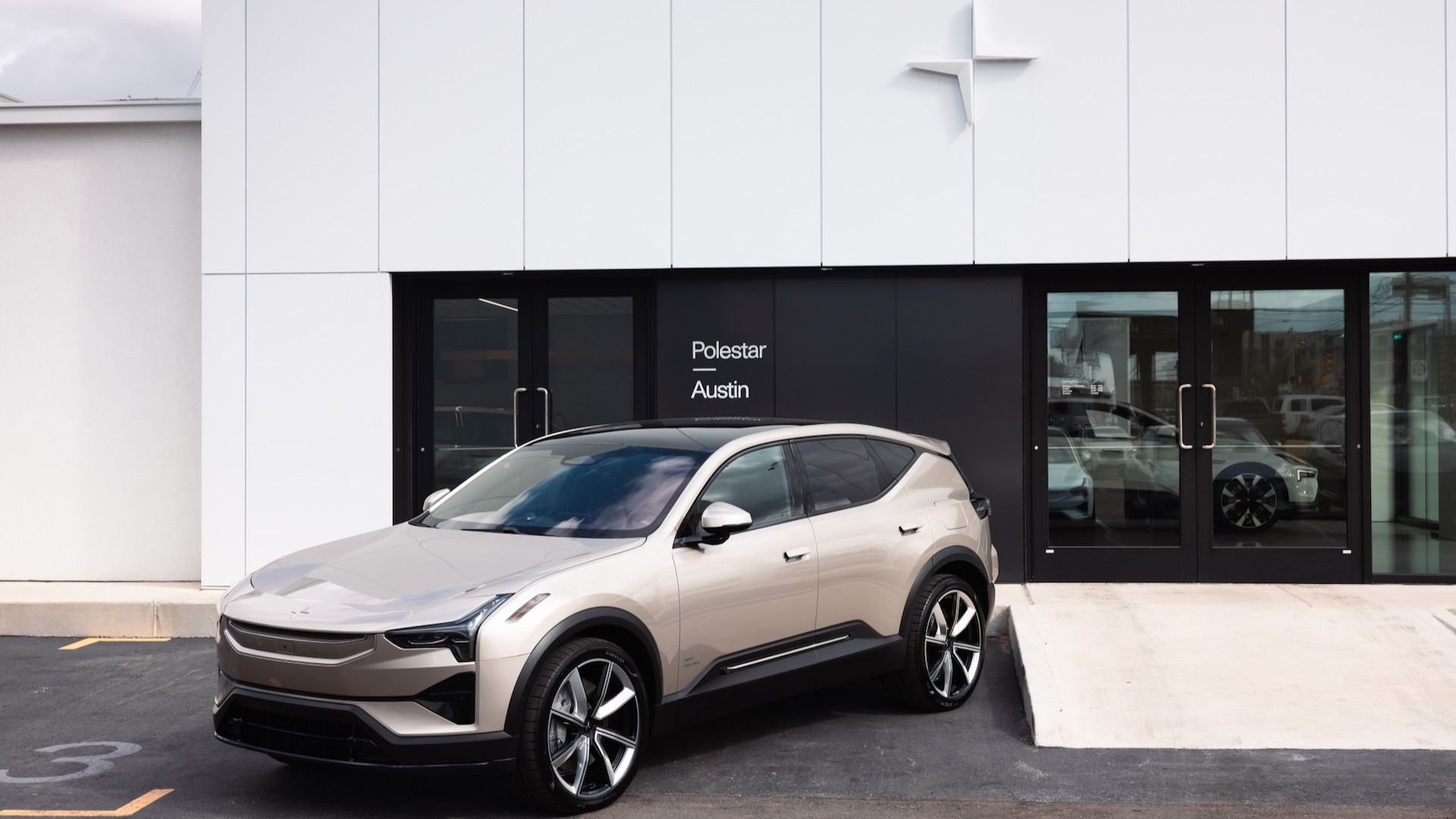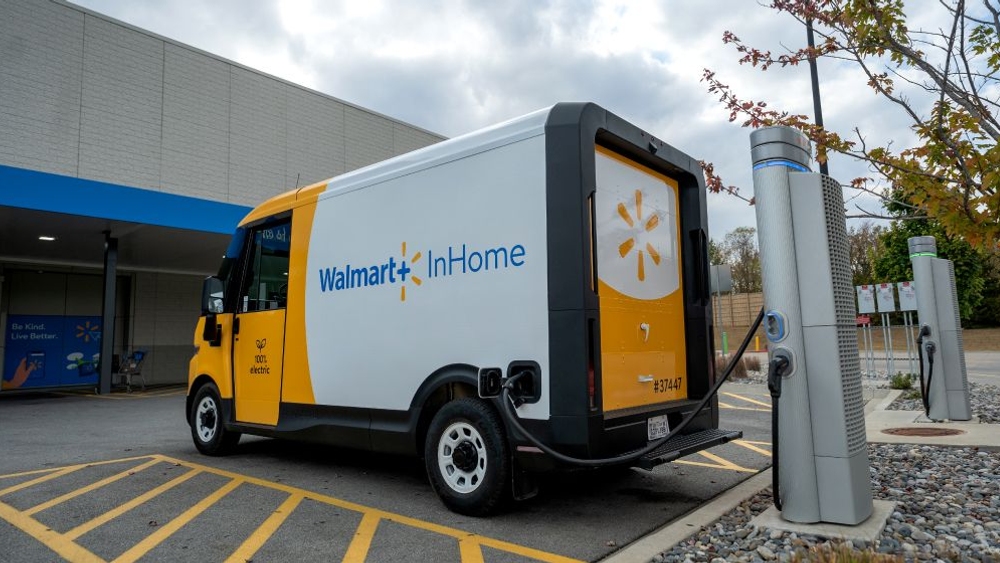SparkCharge announced a new round of funding Monday that will help enable a continued expansion of the firm’s unique on-demand charging services. The company essentially uses portable hardware to help fill gaps in infrastructure or help EV owners with unforeseen charging needs.
Through its Currently app, SparkCharge has been allowing EV drivers to order extra energy to be delivered while they’re parked—in Dallas, San Francisco, LA, or San Jose.
Now it’s expanding its “charging as a service” model to more surrounding communities: Huntington Beach, Newport Beach, Irvine, Anaheim, Santa Ana, Oakland, Fremont, Berkeley, Union City, Albany, Orange, and Hayward.
With the additional $7 million announced Monday from venture fund Cleveland Avenue, SparkCharge takes its total Series A funding with a diverse group of investors to $30 million, which should allow the company to keep scaling up.
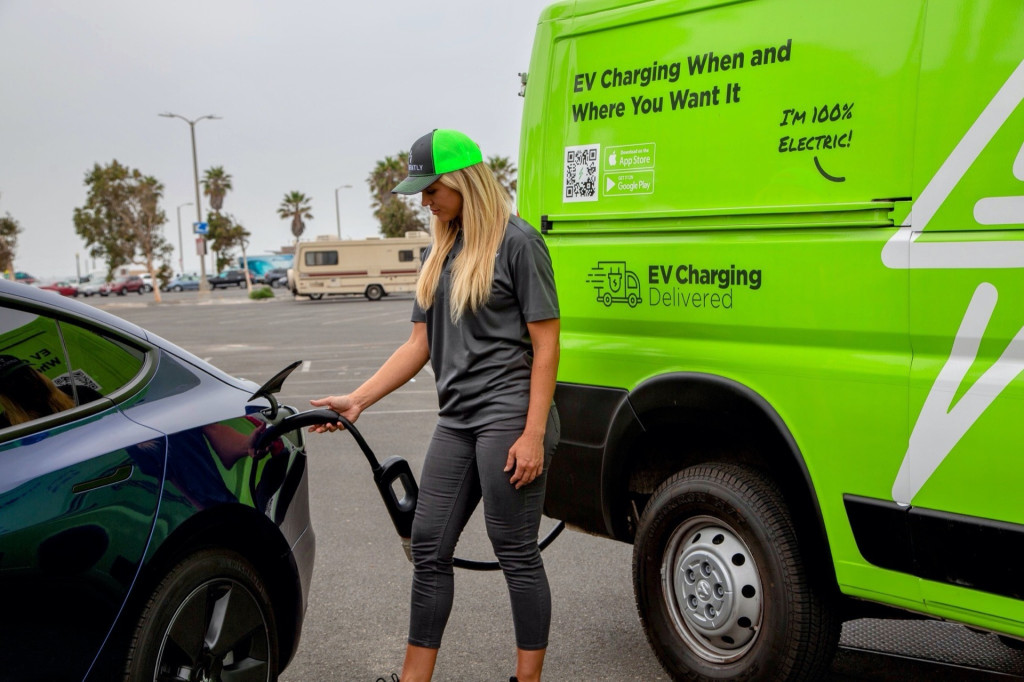
SparkCharge on-demand charging, with Currently app
Currently now offers three service tiers, ranging from a base fee of $4.99 per month and $0.69/kwh up to $29.99 a month and $0.51/kwh. Each level includes unlimited deliveries up to 100 miles.
In 2019, the early-stage startup demonstrated that the idea of ordering a pizza crossed with the ubiquity of a “jerry can” of fuel might be the technology that helps to bridge EV enthusiasm, given a charging infrastructure that isn’t yet fully baked. With a charge pack about the size of a large carry-on suitcase that weighed less than 20 lb, SparkCharge’s early hardware could deliver a mile of range back every minute.
In 2020, the company moved on to pilot programs in San Francisco and Los Angeles, and partnerships with towing companies showing that EV drivers who did find themselves short on range could avoid a costly tow.
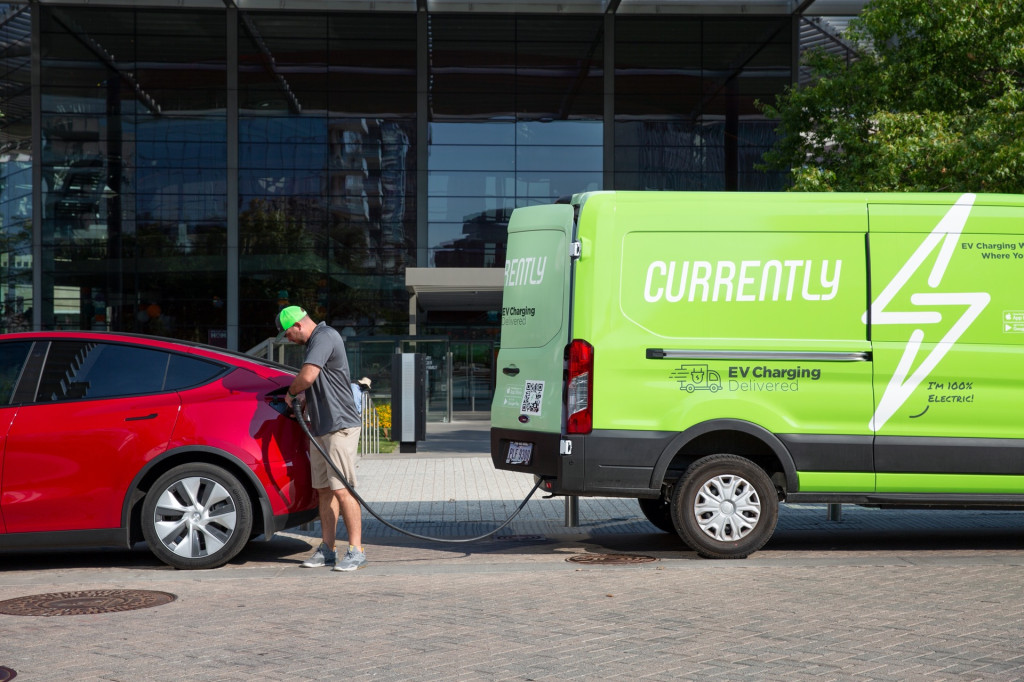
SparkCharge on-demand charging, with Currently app
That evolved to the wider rollout of higher-capacity mobile charging hardware called the Roadie CCS and the mobile app eventually called Currently.
SparkCharge says that it has already delivered more than 250,000 miles of range, and it sees the service as a valuable stopgap while charging infrastructure is built up—amid supply shortages—to support the rapid sales and interest in EVs.

